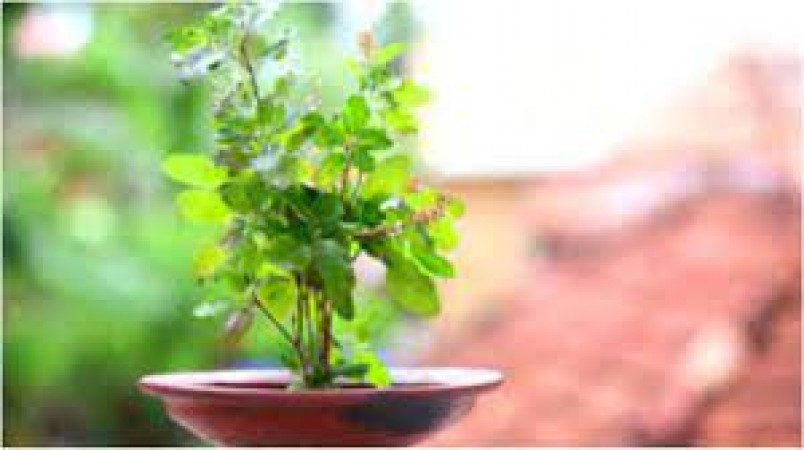
Tulsi, also known as Holy Basil, holds a special place in Hindu culture, revered for its medicinal and spiritual significance. As we celebrate Tulsi Day, let's delve into the rich tapestry of traditions surrounding this sacred herb, understanding its role in invoking the blessings of Goddess Lakshmi.
Tulsi, with its vibrant green leaves and aromatic essence, symbolizes purity and holiness. In Hindu households, it is not just a plant but a revered presence that radiates positive energy.
Tulsi is believed to be an incarnation of Goddess Lakshmi, the goddess of wealth and prosperity. Its presence in homes is thought to bring abundance and good fortune.
On Tulsi Day, devotees start their day with a special prayer, offering Tulsi leaves to the deity. This ritual is a gesture of gratitude and devotion.
A significant celebration associated with Tulsi is the Tulsi Vivah, symbolizing the sacred marriage between Tulsi and Lord Vishnu. This event is observed with grandeur in many parts of India.
As the sun sets, families light a diya (lamp) near the Tulsi plant, signifying the dispelling of darkness and the triumph of light. It's a moment of reflection and spiritual connection.
Tulsi's medicinal properties are well-known. Enjoying a warm cup of Tulsi tea not only relaxes the mind but also boosts immunity, making it a go-to remedy for various ailments.
Tulsi acts as a natural air purifier, releasing oxygen and absorbing harmful pollutants. Keeping a Tulsi plant at home is like having a green guardian that ensures a fresh and positive environment.
Numerous stories in Hindu mythology highlight the significance of Tulsi. One such tale narrates how Lord Krishna transformed a devoted woman named Vrinda into the Tulsi plant, emphasizing its divine connection.
From ancient scriptures to contemporary poetry, Tulsi finds its way into the heart of literary expressions. Poets often use its symbolism to convey themes of love, devotion, and spiritual awakening.
Whether you have a sprawling garden or a small balcony, growing Tulsi is easy. Provide well-drained soil, ample sunlight, and regular watering to nurture this sacred herb.
Harvest Tulsi leaves with care, and explore the myriad ways to incorporate them into your daily life. From culinary delights to herbal remedies, Tulsi leaves offer a plethora of benefits.
In recent times, Tulsi has gained popularity beyond India for its health benefits. The international community is embracing this sacred herb, incorporating it into wellness routines and acknowledging its cultural significance.
Alternative medicine practices, including Ayurveda and traditional Chinese medicine, recognize Tulsi's therapeutic properties. Its adaptogenic nature is praised for promoting balance and resilience.
As we celebrate Tulsi Day, let's not only appreciate its physical attributes but also delve into the spiritual and cultural depth it adds to our lives. Embracing Tulsi goes beyond rituals; it's about fostering a connection with nature, divinity, and the eternal cycle of life.
RLD Chief Jayant Chaudhary Denies Ongoing Talks with BSP for INDIA Alliance
Paytm's Cost-Cutting Measures: Over 1000 Employees Affected in Workforce Reshaping
Ashok Gehlot Raises Concerns Over Delay in Cabinet Formation in BJP-Led Rajasthan